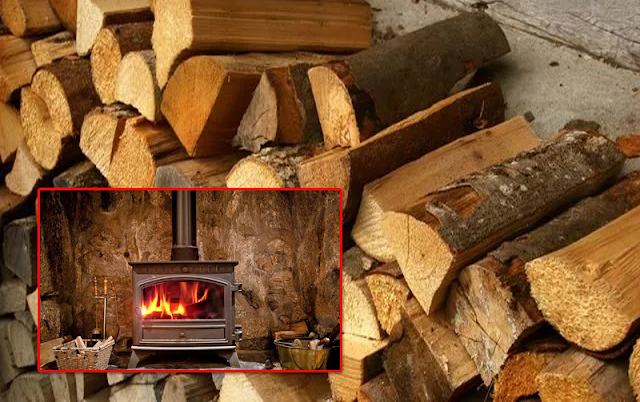Three Key Factors to Consider When Buying Firewood
Firewood, a popular heating fuel, offers numerous advantages. However, to maximize its benefits, it's essential to make informed choices. What factors should you examine when purchasing firewood to ensure it delivers optimal warmth and efficiency?
1. Moisture Content of Firewood
The moisture content is a critical factor to scrutinize when selecting your firewood. It plays a pivotal role in heat production. Firewood with high moisture levels emits less heat, preventing you from harnessing the full potential of your logs or pellets.
Before making a purchase, it's essential to identify the wood's drying level. The maximum acceptable moisture content is 20%. Beyond this threshold, it starts emitting small pollutants, and its efficiency drops considerably. There are a few telltale signs to help you determine whether your firewood contains excessive moisture. If you notice fungi or moss on the logs or if the wood feels heavy, it signifies a higher moisture content. Conversely, if it's dry, lightweight, and free from mold, it's ready for use.
2. Packaging and Condition
While not directly impacting the calorific value of your firewood, the packaging and condition are essential considerations. They play a pivotal role in the wood's preservation. Several delivery options are available, depending on your storage space. Bulk delivery, though cost-effective, provides less control over the quantity received. It's suitable for large orders but doesn't ensure precise measurement.
An alternative is the delivery on pallets, offering better quality and quantity control. This method also spares you the laborious task of stacking the wood, a drawback of bulk delivery. Finally, there's the option of delivery in bags, which is ideal for smaller orders, offering convenience and ease of handling.
3. Wood Type and Species
The last factor to verify is the type of wood used for your firewood. Various wood species are available, each with its unique characteristics. Hardwoods, such as beech, oak, cherry, and ash, are highly recommended. They are dense, ensuring a longer burn time and a higher calorific value.
In contrast, softwoods like pine, spruce, and fir are readily combustible and useful for quickly igniting your fire when cut into smaller pieces. The choice of wood species depends on your specific heating needs and preferences.
Choosing the right firewood is essential for efficient and economical heating. Assess the moisture content to ensure optimal heat output, consider the packaging and condition for convenience and control, and select the wood type that best suits your requirements. With these factors in mind, you can make an informed decision when purchasing firewood, enhancing your heating experience while staying warm and cozy.

